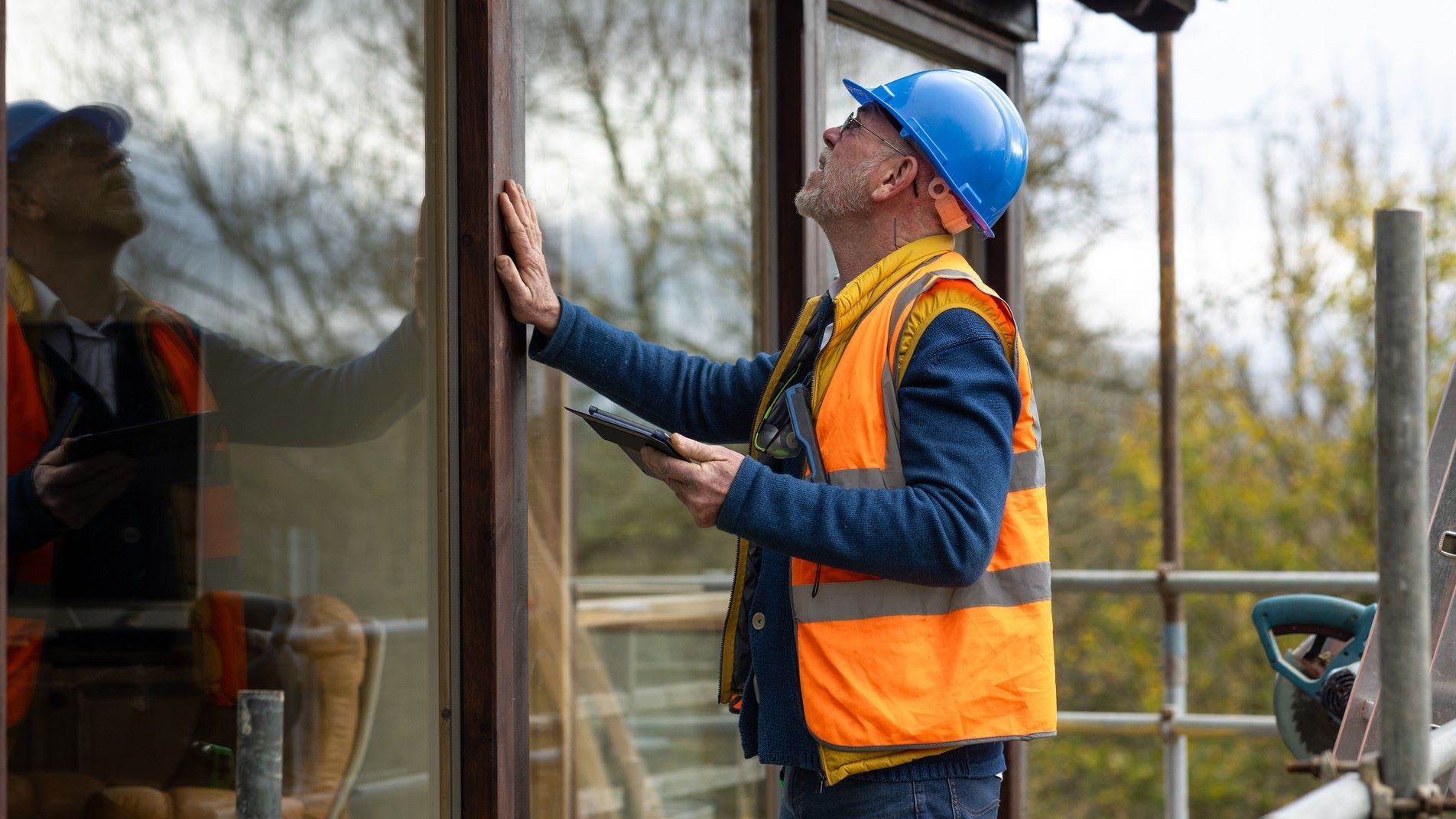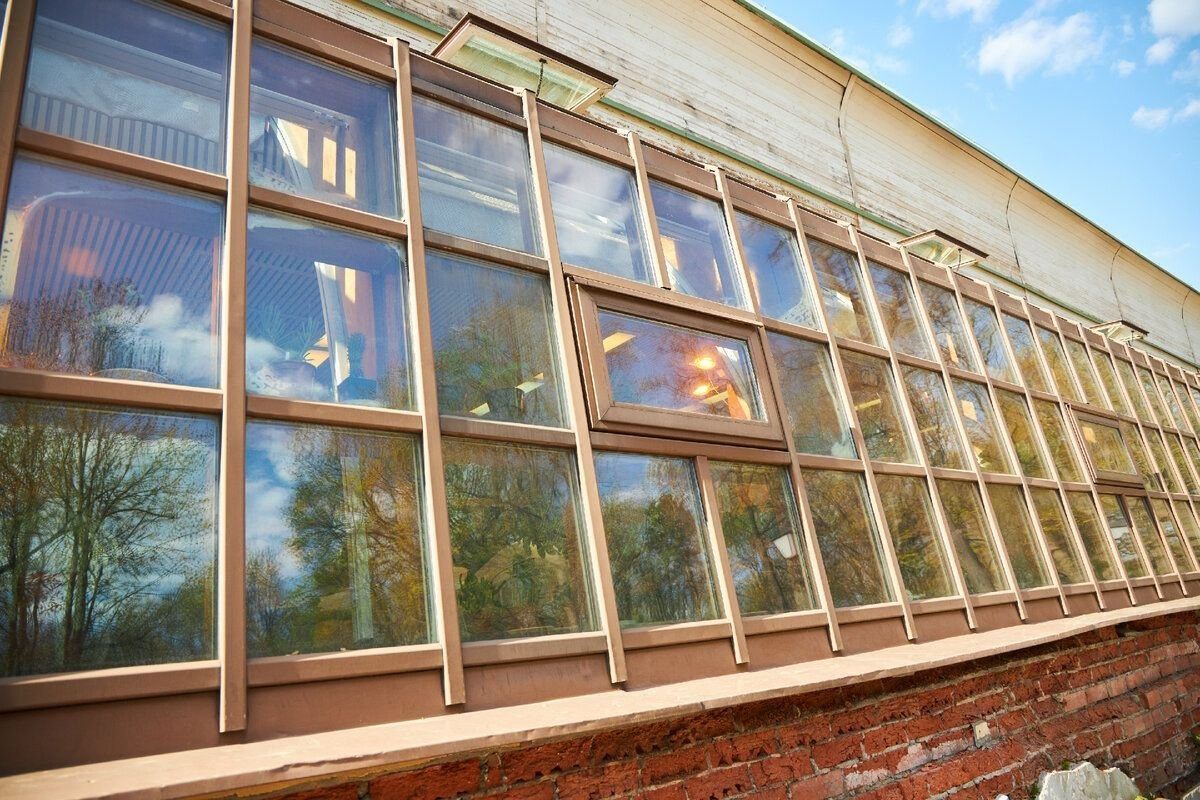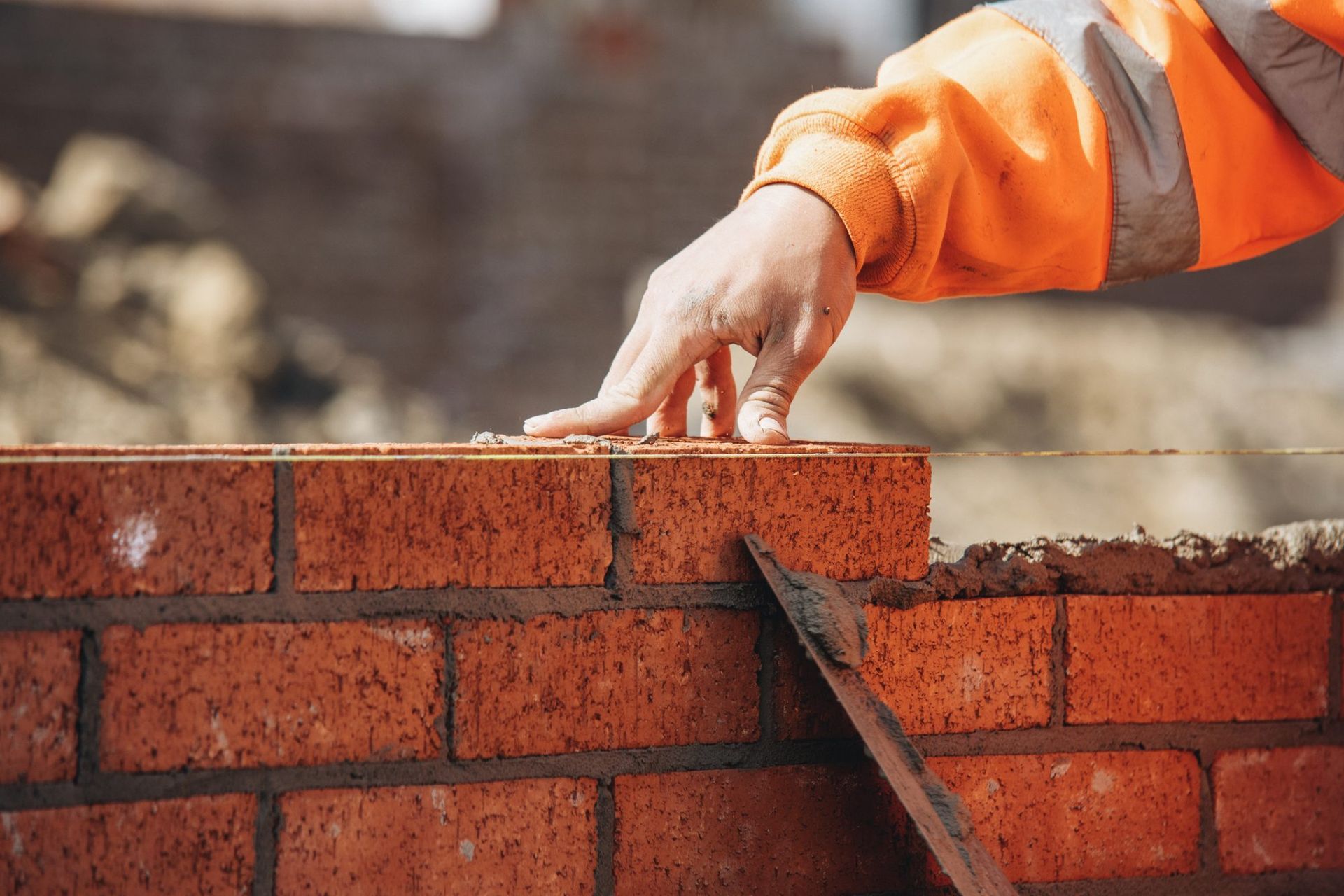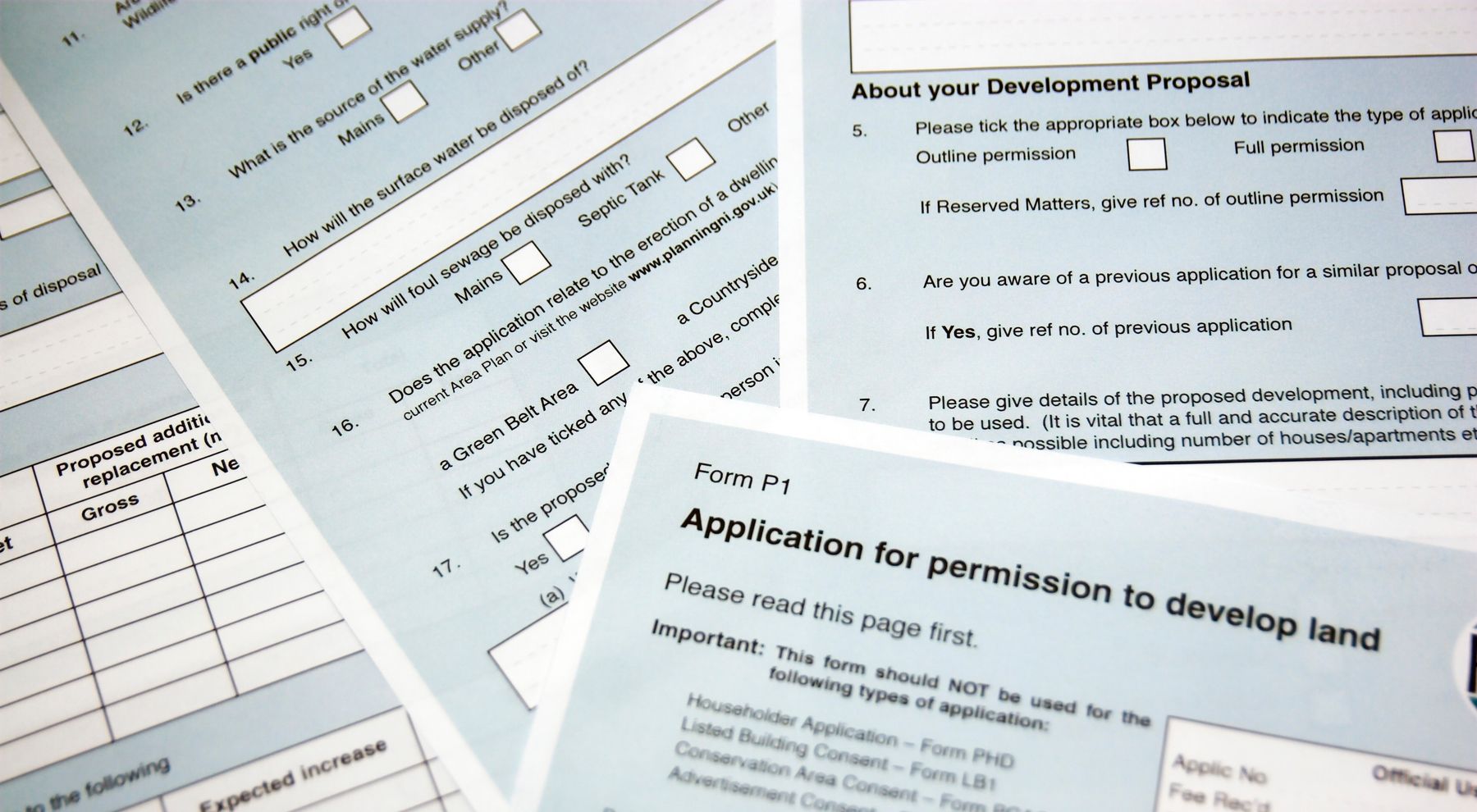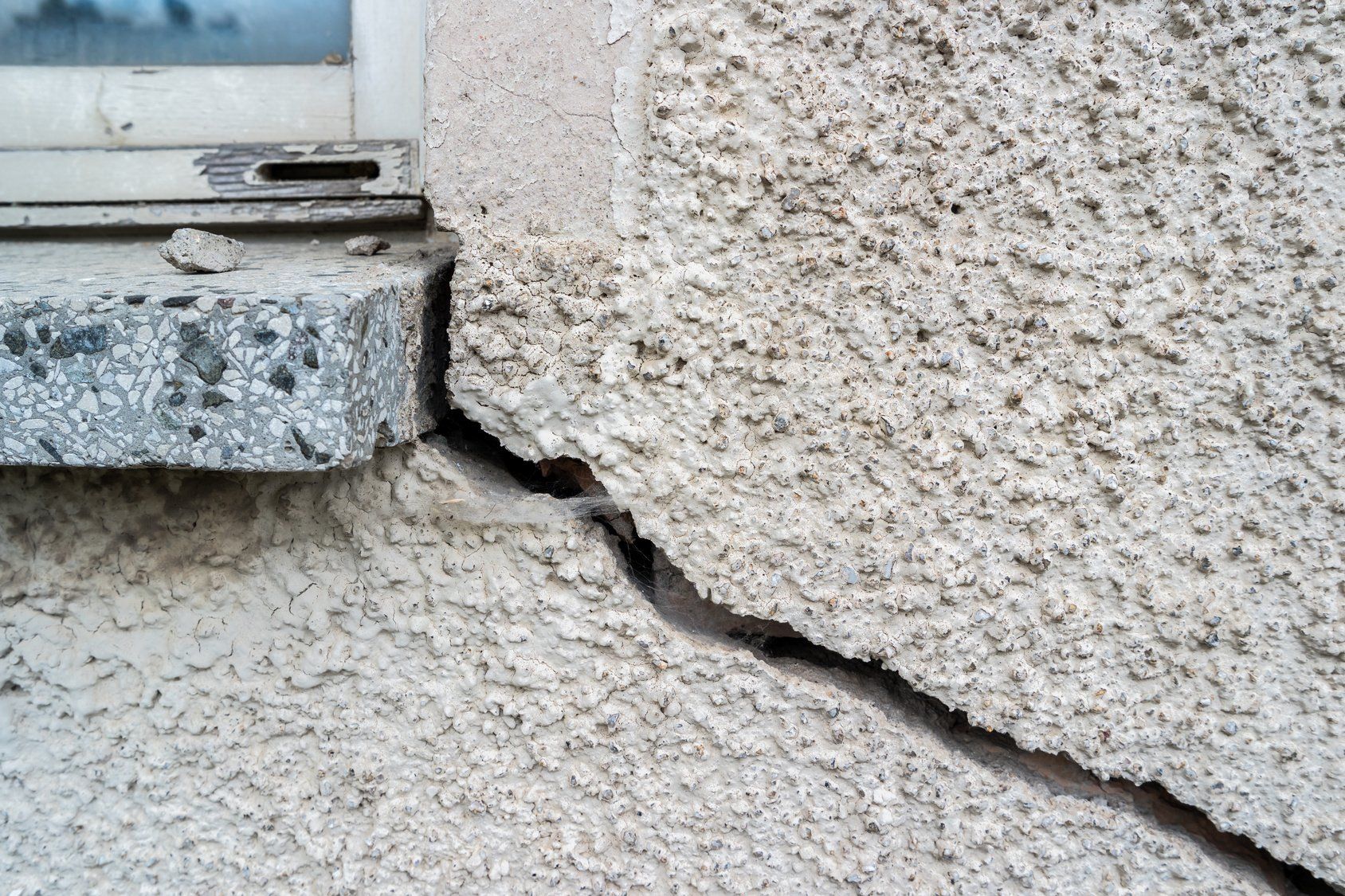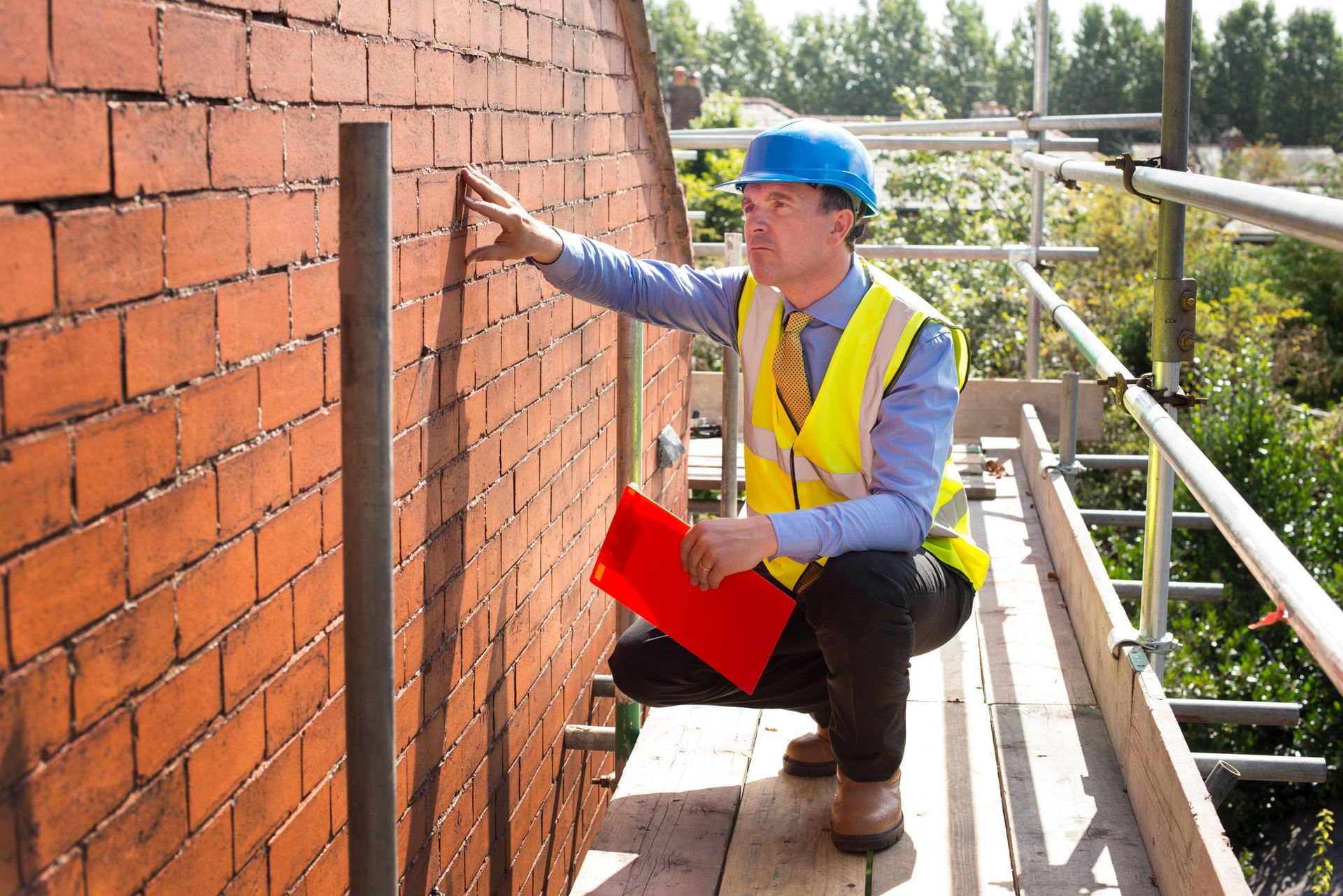The Role of a Construction Expert Witness in Resolving Property Disputes
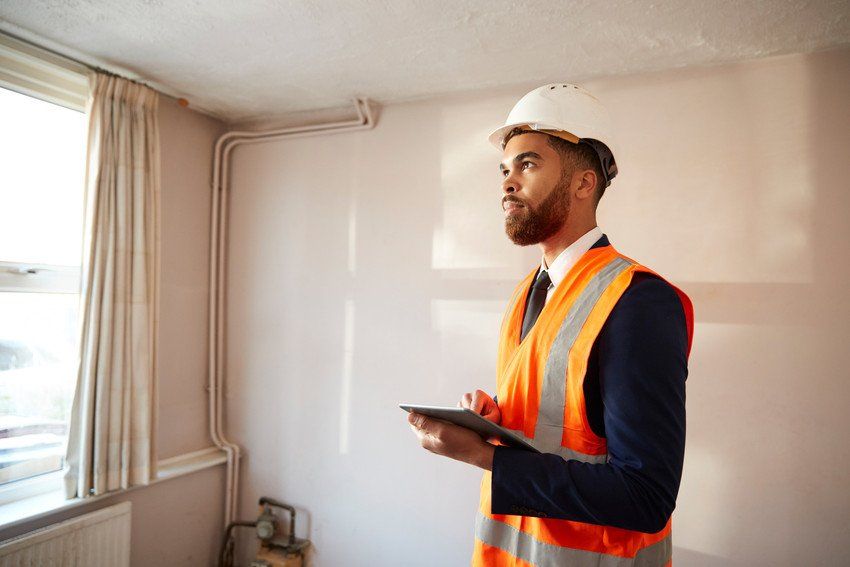
According to the 2021 Census, 37% of UK residents rent their homes, where this endures as a common way to afford a property in today’s housing market. This means that millions of people are maintaining relationships with their landlords, where a property owner rents out their space to their tenant for a fixed monthly price.
This relationship can be a relaxed one, whilst other tenants and landlords will come to disagreements related to various issues. Common conflicts relate to deposit and rental payments as well as upkeep of the property, where both the tenant and the landlord may raise concerns.
One area that can cause conflict is dilapidations, where this refers to the condition of a leasehold property throughout the rental period and in particular when the tenant vacates the property. The dilapidations process is a way of documenting any damages and securing the appropriate settlements to repair them.
Read on to learn more about dilapidations, including how a dilapidations survey works and the various benefits to be gained from a thorough property inspection.
Dilapidations Explained
Dilapidations refers to the repairs that can be required at the end of a tenancy or lease agreement. In legal terms, it refers to the cause of action necessary to force a tenant to pay for these repairs. In other words, if a tenant leaves a property in disrepair at the end of their contract then they can be liable to pay the landlord however much it costs to carry out the necessary repairs and maintenance work. A tenant could also have to pay the landlord lost earnings in terms of rent whilst these repairs are being carried out.
This agreement is detailed in UK law through the 1927 Landlord and Tenant Act which describes the various responsibilities and rights of landlords and tenants relating to the maintenance and upkeep of a property.
Dilapidation Settlements
A dilapidation settlement is an agreement that is reached between a landlord and their tenant about how much needs to be paid to carry out necessary repair work at the end of a lease. This settlement amount can be deducted from the tenant’s deposit or the tenant can be invoiced separately for an agreed upon amount.
If the tenant refuses to pay the settlement, then the landlord can begin legal proceedings to secure the required amount. In general, the landlord has six years from the end date of the tenant’s lease to make a dilapidation claim and secure a settlement, where this is referred to as the limitation period.
Dilapidation Surveys & Inspections
A dilapidation survey allows the landlord to find out what kind of repairs need to be undertaken and how much it may cost. This allows them to draw up an estimate to present to the tenant. Employing a professional surveyor as a third party helps to legitimise the landlord’s claims regarding the dilapidation settlement, which can be useful if legal proceedings are required further down the line.
The dilapidation survey should generally be undertaken before the tenant’s lease ends, so that any repair work can be carried out punctually. This means that the landlord won’t be losing earnings if lengthy repair works are required that could delay a new tenant moving in. In addition to this, if a dilapidation survey is carried out before the tenant leaves the property then this can prevent unnecessary and drawn out disputes with the landlord. It also means that the tenant can be aware of how and when the landlord is implementing the various repairs. Sometimes the tenant will request a dilapidations survey in order to understand what repair works will be required when the lease ends. The tenant may also wish to carry out a survey to ensure that the property is being maintained to an acceptable standard by the landlord throughout the lease period.
Dilapidations Schedule
The schedule of dilapidations is the outline of when various repairs will be carried out. This can help to accurately estimate material and labour costs in order to provide the tenant with an accurate settlement amount. The schedule is generally prepared by the landlord, where advice may be taken from the property surveyor as well as building contractors.
It is also possible for a tenant to present the landlord with a counter-schedule if there are any disputed points that they want to highlight to the landlord. This could include alternate pricing suggestions as well as considerations about what repair work is strictly necessary.
How The Dilapidations Process Benefits Both Landlords & Tenants
The dilapidations process encourages landlords to make regular inspections and surveys of their property to ensure it remains in good condition. This helps to prevent absenteeism amongst landlords, where it can encourage a better standard of maintenance that can benefit both parties in the long run. Tenants should also be on the lookout for signs of damage, where notifying the landlord of this early on can prevent more costly repairs in the future.
Making a note of required repairs throughout the tenancy can help to make sure that the building is in good condition for future tenants, where it can also prevent degradation of the property over time. If there is no record of necessary repairs or recurring damages, then the house can soon lose value and become a financial burden to both tenants and landlords.
Tenants and landlords should both be aware of their respective responsibilities for the property when they come to a lease agreement. This can help to prevent misunderstandings and lengthy negotiations in the future if an issue does arise.
A further benefit of a dilapidation survey is that it can provide both tenants and landlords with an unbiased, professional opinion on the property. This kind of third party intervention is a great way to resolve disputes and come to a fair agreement concerning costs and the work that needs to be done. It can also prevent landlords from making an unfair assessment of how much repairs will cost, which can protect the tenant from making an excessive payment.
As such the dilapidation process can also be beneficial for tenants, as it allows them to formally challenge any suggestions from the landlord that damage has been caused. If a record of the property’s condition has been kept throughout the tenancy then this can help to evidence various claims from both parties.
Ultimately the tenant should not have to pay to repair pre-existing damage in the property, or issues beyond their control such as mould or pest infestations. General wear and tear is also not a valid reason for a landlord to charge their tenants, as this is simply a natural result of living in a given space.
Simon Levy: A Leading Dilapidations Company Working With Both Tenants & Landlords
At Simon Levy, we can work on the behalf of both tenants and landlords to help you to come to a fair settlement agreement. Our experienced dilapidation surveyors can offer their impartial opinion on properties of all sizes, where we can then produce a report of our findings in order to help you to negotiate the best possible outcome. Contacting a dilapidation surveyor early on in your negotiations can help to simplify the whole process and result in the fairest solution for all parties.
In addition to dilapidation inspections, we can also offer a wide range of further services, where our team of building dispute and property damage experts are on hand to resolve your conflicts. We’re adept at handling party wall and boundary disputes, as well as planning issues that require the intervention of a surveyor. We can also offer comprehensive building surveys to assess both interior and exterior damage. This can be essential if you’re looking to buy a property or if you’re undertaking major renovation work.
Further to this, our team can provide assistance with building insurance claims, whatever kind of damage you’re dealing with. Our experienced surveyors can also act as expert witnesses for a range of property disputes, to help you to achieve your desired outcome.
Get in touch with our team today to find out more about our comprehensive range of services.


